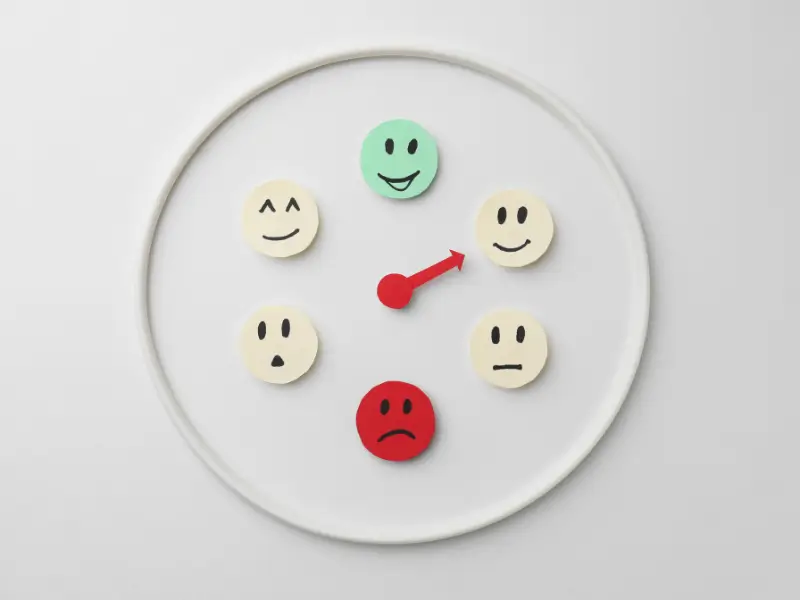In our fast-paced and often hectic lives, it's easy to lose track of our emotions and how they affect our overall well-being. However, with the advent of technology and the increasing awareness of mental health, more and more people are turning to mood tracking as a tool for improving their mental well-being. But what exactly is mood tracking, and how can it benefit us?
Introduction to Mood Tracking
Mood tracking involves systematically recording one's emotions, which allows one to express one's real emotions much better. This practice allows individuals to gain insight into their emotional patterns and triggers on a daily basis.
Benefits of Monitoring Emotions for Mental Health
Regularly monitoring our emotions can provide numerous benefits for our mental health. By becoming more aware of our feelings, we can better understand the underlying causes of our moods and take proactive steps to manage them. Additionally, tracking our emotions can help identify patterns and trends, enabling us to make informed decisions about our lifestyle and behavior.
Psychological Insights Gained from Mood Tracking
Mood tracking provides valuable psychological insights into our thought patterns, behaviors, and coping mechanisms. It can reveal recurring themes in our emotions, such as stress, anxiety, or sadness, and help us identify triggers that may be contributing to these feelings. This self-awareness is essential for fostering emotional intelligence and resilience.
Techniques for Effective Mood Tracking
To track your emotions effectively, it's essential to find a method that works for you. Whether using a Mood Meter or writing in a Journal, consistency is key. Set aside time each day to reflect on your emotions and record them accurately. Additionally, consider including contextual information, such as events or activities, to better understand the factors influencing your mood.
Real-life Applications and Success Stories
Countless individuals have found success in improving their mental well-being through mood tracking. By implementing consistent tracking practices and utilizing the insights gained, many have reported reduced stress, improved mood regulation, and greater overall happiness. Real-life applications range from managing chronic conditions like depression or bipolar disorder to simply enhancing daily mindfulness and self-care practices
Conclusion
Mood tracking is a powerful tool for improving mental well-being. By monitoring our emotions, we can gain valuable insights into our psychological patterns and develop strategies for self-regulation. Through consistent practice and reflection, we can empower ourselves to lead happier, more fulfilling lives.
Incorporating mood tracking into your daily routine can be a simple yet profound way to prioritize your mental health and cultivate greater self-awareness. So why not give it a try? Start today and embark on a journey towards emotional well-being and personal growth.
At Solh, we deeply value mental health and understand the pivotal role of compassion in the overall well-being. That's why we've carefully assembled a suite of empowering Self-help tools and Community Support tailored to nurture your mental health. Our curated offerings encompass a diverse array of resources, from journaling, support groups to Solh Buddy, allowing you to share your experiences,seek support, offer guidance and connect with others - anonymously or as yourselves. Take control of your path towards enhanced mental well-being by exploring and utilizing our comprehensive resources at Solh!



